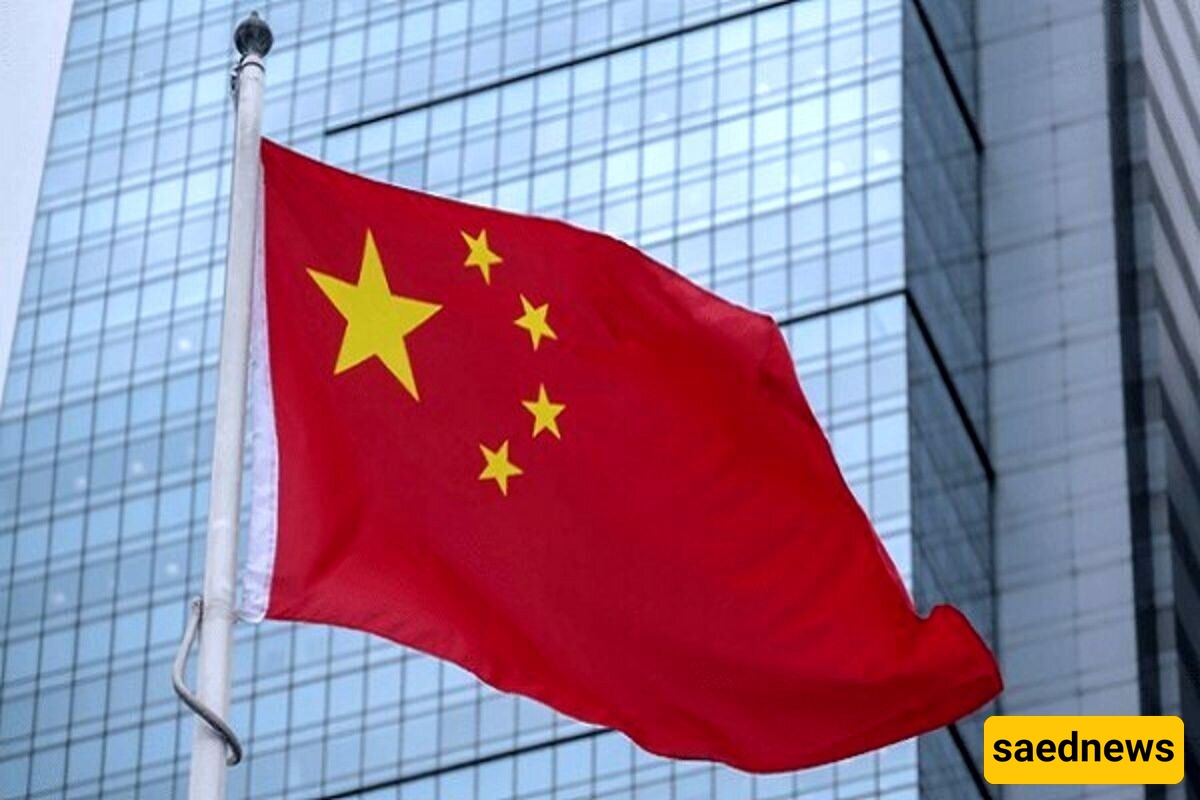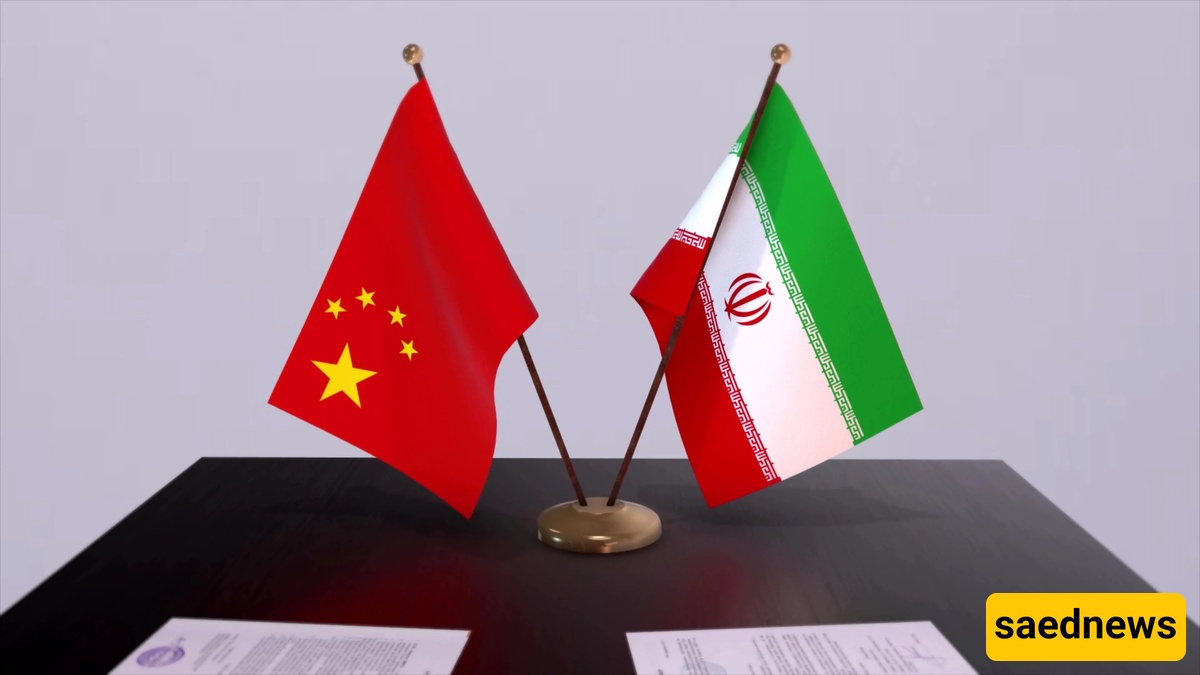SAEDNEWS: China has issued a scathing condemnation of U.S. airstrikes on Iranian nuclear sites, warning they violate international law and threaten to further destabilize the Middle East. Beijing urged restraint from all sides—especially Israel—and called for urgent dialogue and a ceasefire.

According to Saed News, In a firm and unambiguous response, China has condemned the United States’ early morning airstrikes on Iran’s nuclear facilities, describing the attacks as a “serious violation” of international norms and a threat to regional and global stability.

A spokesperson for China’s Ministry of Foreign Affairs, addressing international media on Sunday, said Beijing “strongly condemns the U.S. attacks on Iranian nuclear sites under IAEA safeguards,” referring to sites in Natanz, Fordow, and Isfahan—facilities operating under the oversight of the International Atomic Energy Agency.
“These actions,” the spokesperson stated, “are in direct conflict with the principles of the United Nations Charter and international law, and risk aggravating already volatile tensions across the Middle East.”
The strikes, reportedly carried out on the direct orders of former U.S. President Donald Trump, have sparked outrage in Tehran and criticism from across the Global South. China, as a permanent member of the UN Security Council and a key player in the Iran nuclear deal (JCPOA), has positioned itself as a vocal opponent of militarization in diplomatic disputes.
Calling for restraint, the Chinese spokesperson urged “all parties involved in the conflict—especially Israel—to commit to an immediate ceasefire, protect civilian lives, and return to the path of negotiation.”
China also reiterated its willingness to coordinate international efforts to de-escalate the crisis. “Beijing stands ready to work with the global community in support of justice and in the interest of restoring peace and stability to the Middle East.”
Beijing’s remarks underline a broader geopolitical divide, as Western military interventions in the region face increasing pushback from rising powers such as China and Russia. With the situation on a knife’s edge, diplomatic actors now face mounting pressure to prevent a broader war—one that could engulf the region in unprecedented chaos.

